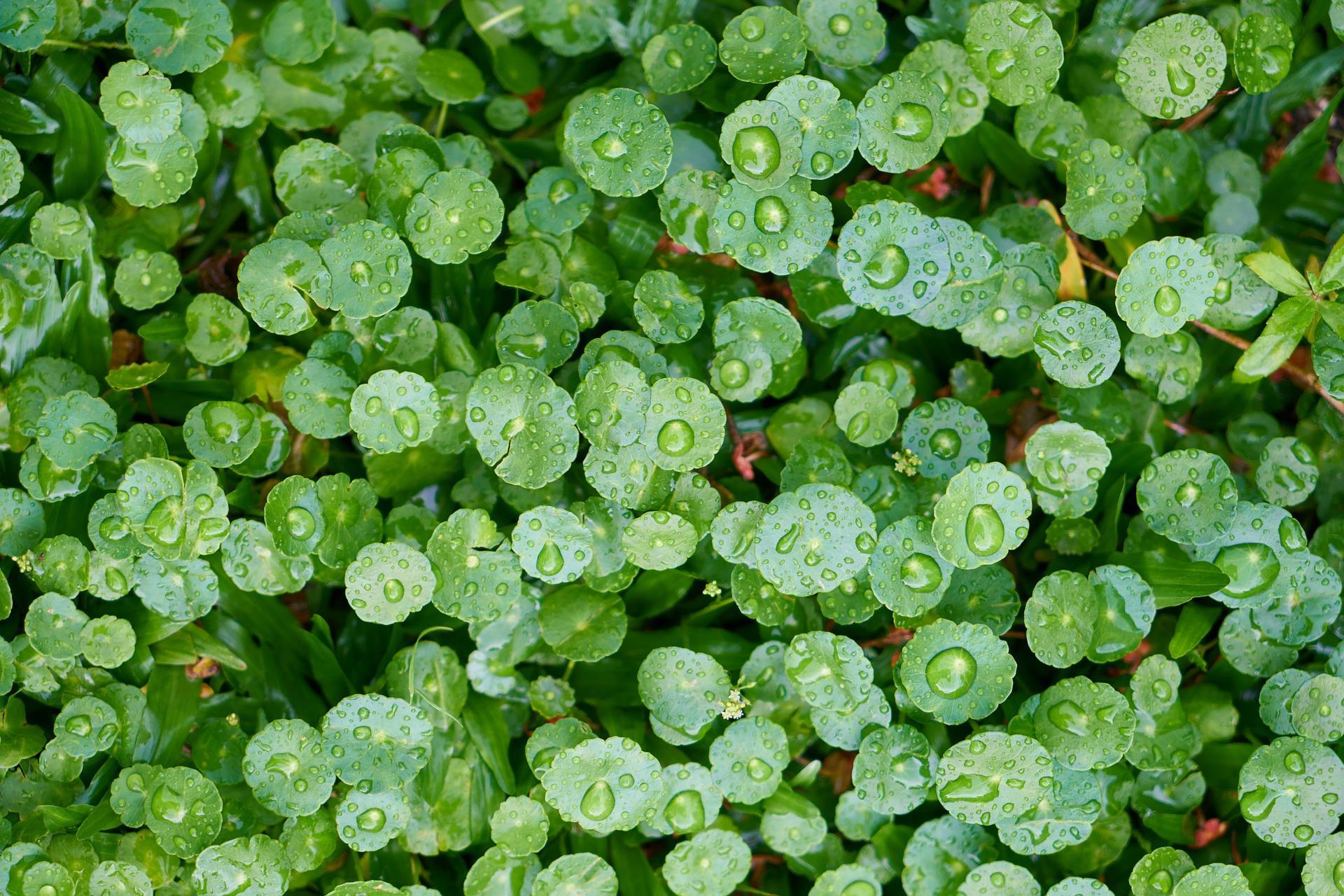Artificial photosynthesis could be the future of food
Through photosynthesis, plants convert water, carbon dioxide, and energy from sunlight into sugars that they use to grow biomass. This process has been the basis of the food chain for millions of years, yet it is surprisingly inefficient. In fact, only about one per cent of the energy found in sunlight actually ends up in the plant. Now, scientists at the University of California Riverside have found a way to improve on mother nature by bypassing biological photosynthesis entirely.

The artificial system converts sunlight into food far more efficiently than biological photosynthesis
Experiments have found that mushrooms, yeast, and green algae could all be grown in complete darkness using the electrolyser-derived acetate. Producing algae with acetate was four times more energy efficient that producing it through photosynthesis. Yeast does not photosynthesise and is normally cultivated using sugars from corn. Cultivating it with acetate, however, was 18 times more efficient.
The study published in the journal Nature Food suggests that artificial photosynthesis could help mitigate the effects of climate change on food production. It is possible that the technology could be used to create food forests that would be more resistant to drought, floods, and other extreme weather events. While artificial photosynthesis could help solve some of the problems caused by climate change, it will be important to address other issues if we are to truly mitigate the effects of climate change on food production.
The research team used a special type of electrolyser—a device that uses electricity to obtain useful molecules from raw materials—to convert carbon dioxide into a substance called acetate. Plants can directly consume this substance to grow, without the need for photosynthesis. The team used solar panels to generate power for the electrocatalysis.
The technology could be used to create ‘food factories’ that are entirely independent of sunlight. This would enable crops to be grown in locations where sunlight is scarce, such as underground or in space. The research is still in its early stages, but the potential applications of the technology are numerous.
Related news
Alufix Premium 3in1 Airfryer baking paper
3in1 siliconised baking paper that stands alone in the market.…
Read more >Mol and the University of Pannonia have completed a successful consortium project
Mol and Pannon University have concluded a successful consortium project…
Read more >Verbena herbal candies with vitamin C and D 60 g
The latest flavour from the well-known Verbena herbal candies, containing…
Read more >More new products
The Joy of Giving! – SPAR stores collect non-perishable food for people in need
The Hungarian Maltese Charity Service and SPAR Hungary have launched…
Read more >Technological advancements and business travel
The latest research from International Workplace Group (IWG), the leading…
Read more >K&H: a gift, but what and from which store?
When it comes to Christmas gift-giving, clothes are the most…
Read more >








